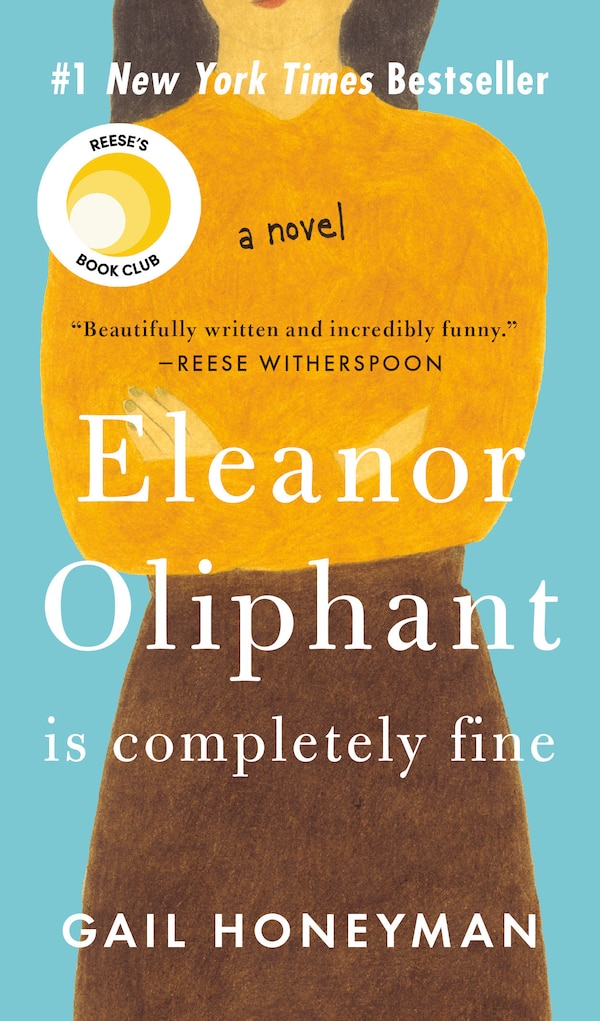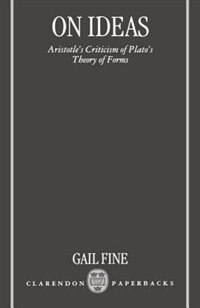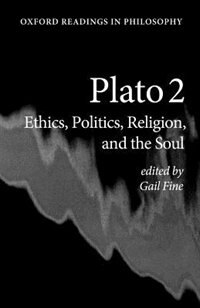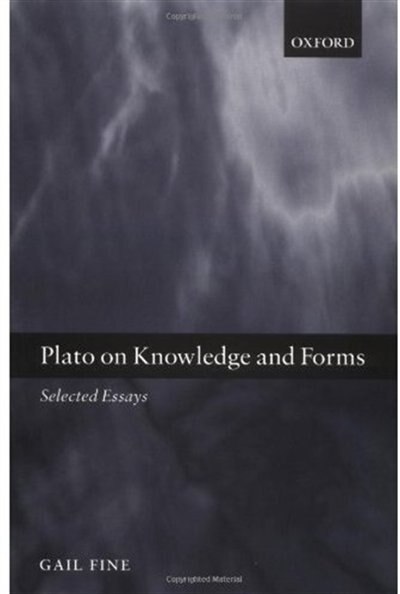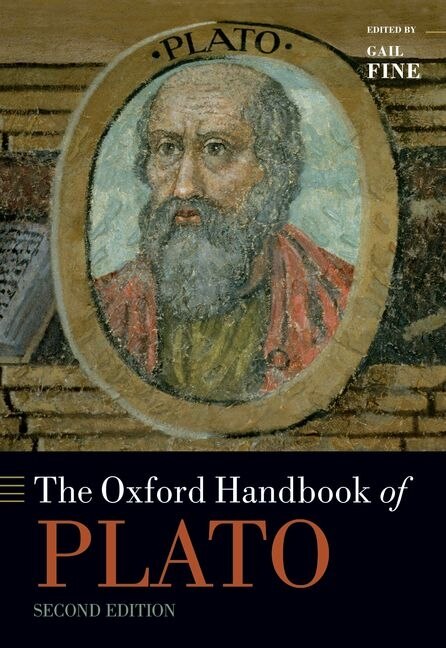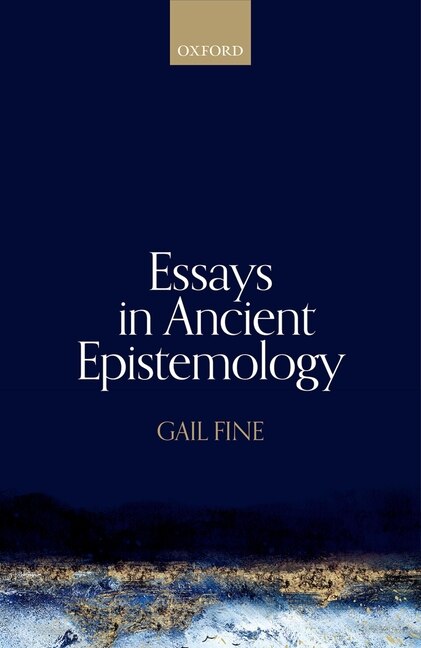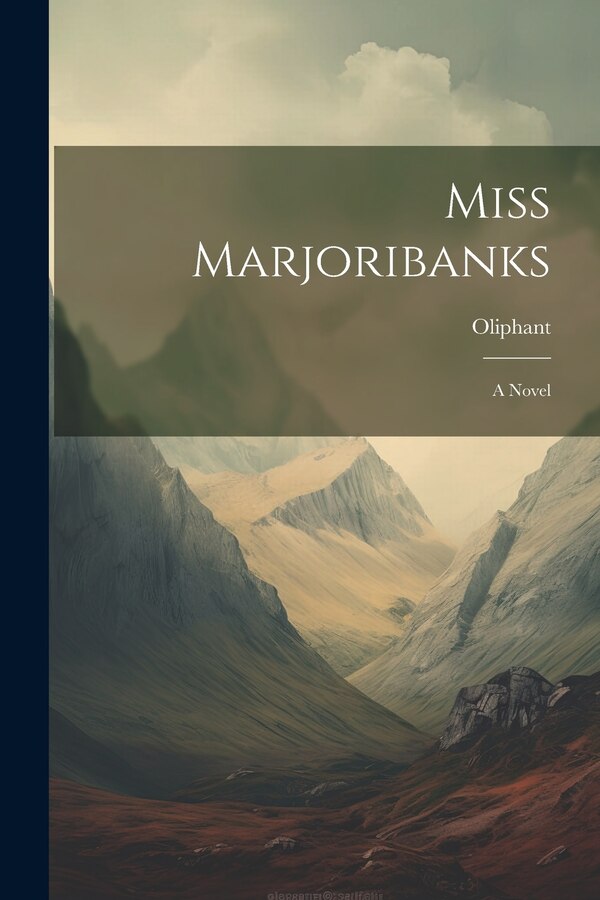
Gifting Made Simple
Give the Gift of ChoiceClick below to purchase a Bramalea City Centre eGift Card that can be used at participating retailers at Bramalea City Centre.Purchase HereHome
Eleanor Oliphant Is Completely Fine by Gail Honeyman, Paperback | Indigo Chapters
Coles
Loading Inventory...
Eleanor Oliphant Is Completely Fine by Gail Honeyman, Paperback | Indigo Chapters in Brampton, ON
From Gail Honeyman
Current price: $19.95
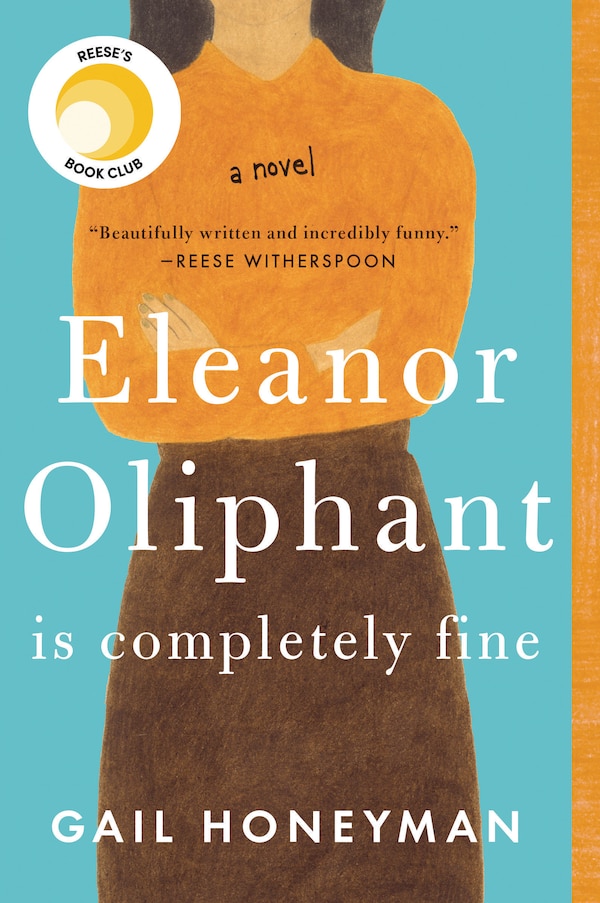
Coles
Eleanor Oliphant Is Completely Fine by Gail Honeyman, Paperback | Indigo Chapters in Brampton, ON
From Gail Honeyman
Current price: $19.95
Loading Inventory...
Size: 0.8 x 8 x 0.575
*Product information may vary - to confirm product availability, pricing, and additional information please contact Coles
A REESE WITHERSPOON x HELLO SUNSHINE BOOK CLUB PICK#1 NEW YORK TIMES BESTSELLERUSA Today's top 100 books to read while stuck at home social distancing A Penguin Book Club PickBeautifully written and incredibly funny. . . I fell in love with Eleanor; I think you will fall in love, too! —Reese WitherspoonSmart, warm, uplifting, the story of an out-of-the-ordinary heroine whose deadpan weirdness and unconscious wit make for an irresistible journey as she realizes the only way to survive is to open her heart. No one's ever told Eleanor that life should be better than fine. Eleanor Oliphant is, well, a bit of an oddball-albeit a loveable one. She struggles with appropriate social skills and tends to say exactly what she's thinking . . . and that, combined with her unusual appearance (scarred cheek, a tendency to wear the same clothes year after year), means that Eleanor has become a bit of a loner. But for Eleanor, nothing really important is missing in her carefully timetabled life of avoiding perplexing social interactions, where weekends are punctuated by frozen pizza, Glen's Vodka, and phone chats with Mummy. But everything changes when Eleanor meets Raymond, the bumbling and sweet IT guy from her office. When she and Raymond together save Sammy, an elderly gentleman who has fallen on the sidewalk, the three become the kind of friends who rescue one another from the lives of isolation they have each been living. And it is Raymond's big heart that will ultimately help Eleanor find the way to repairing her own damaged one. Smart, warm, and uplifting, Eleanor Oliphant is Completely Fine is the story of a quirky yet lonely woman whose social misunderstandings and deeply ingrained routines could be changed forever-if she can bear to confront the secrets she has avoided all her life. But if she does, she'll learn that she, too, is capable of finding friendship-and even love-after all, if only she can learn to open her heart. | Eleanor Oliphant Is Completely Fine by Gail Honeyman, Paperback | Indigo Chapters
A REESE WITHERSPOON x HELLO SUNSHINE BOOK CLUB PICK#1 NEW YORK TIMES BESTSELLERUSA Today's top 100 books to read while stuck at home social distancing A Penguin Book Club PickBeautifully written and incredibly funny. . . I fell in love with Eleanor; I think you will fall in love, too! —Reese WitherspoonSmart, warm, uplifting, the story of an out-of-the-ordinary heroine whose deadpan weirdness and unconscious wit make for an irresistible journey as she realizes the only way to survive is to open her heart. No one's ever told Eleanor that life should be better than fine. Eleanor Oliphant is, well, a bit of an oddball-albeit a loveable one. She struggles with appropriate social skills and tends to say exactly what she's thinking . . . and that, combined with her unusual appearance (scarred cheek, a tendency to wear the same clothes year after year), means that Eleanor has become a bit of a loner. But for Eleanor, nothing really important is missing in her carefully timetabled life of avoiding perplexing social interactions, where weekends are punctuated by frozen pizza, Glen's Vodka, and phone chats with Mummy. But everything changes when Eleanor meets Raymond, the bumbling and sweet IT guy from her office. When she and Raymond together save Sammy, an elderly gentleman who has fallen on the sidewalk, the three become the kind of friends who rescue one another from the lives of isolation they have each been living. And it is Raymond's big heart that will ultimately help Eleanor find the way to repairing her own damaged one. Smart, warm, and uplifting, Eleanor Oliphant is Completely Fine is the story of a quirky yet lonely woman whose social misunderstandings and deeply ingrained routines could be changed forever-if she can bear to confront the secrets she has avoided all her life. But if she does, she'll learn that she, too, is capable of finding friendship-and even love-after all, if only she can learn to open her heart. | Eleanor Oliphant Is Completely Fine by Gail Honeyman, Paperback | Indigo Chapters




